"I was sacked by those who don't know football; I will return to UEFA competitions"
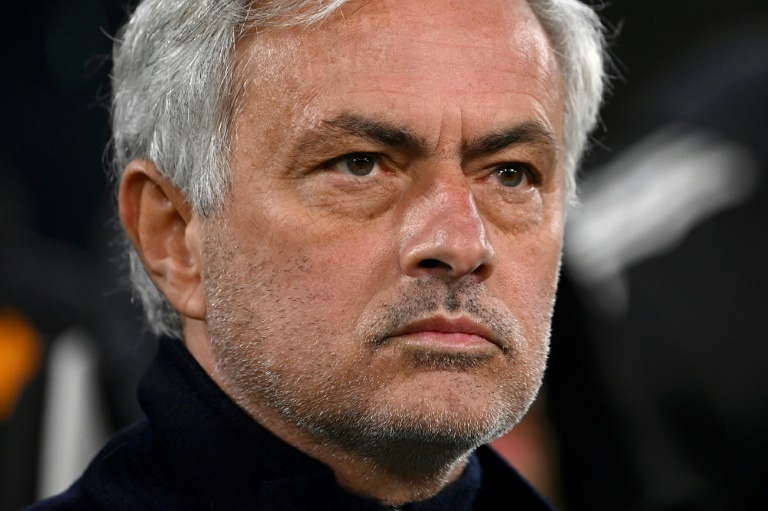
Jose Mourinho, through the platform 'Football.com', a sort of bookmaker he sponsors, published a promotional article in the media outlet 'Pulse Nigeria'. This is the first time he has spoken out so strongly since his sacking from Roma.
9 months ago
Jose Mourinho thinks that the 'Friedkin administration', an American holding company that owns Roma, doesn't know about football. If they did, they wouldn't have sacked him. In a column for 'Pulse Nigeria', a media outlet that the reader will think has nothing to do with the Portuguese, but which had an article in his own handwriting thanks to a collaboration with 'Football.com', the bookmaker he sponsors, he left this 'message' for his former club and, in passing, seemed to guarantee that he will not sign with anyone from Saudi Arabia.
The best thing to do is to read his statements directly. This is his full text, dated 12th February - that's why he speaks in the future of the Champions League round of 16, which has already started; even so, his considerations are still interesting - :
"European competitions are about to start, particularly the Champions League, perhaps the most important competition in the world calendar. I won't be there for these final stages, not because I've been eliminated before, but because I've been "eliminated" by someone who has little knowledge of football. That's life, full of ups and downs, and I'm on the up, despite the dismissal that was as unexpected as it was unfair. But I'll be back, and even more eagerly and confidently, for these UEFA matches.
I participated in a lot of games and reached the final game several times. They really are special games, for us as coaches, for the fans and, of course, for the players. I therefore have enough experience and knowledge to know how to move forward, even when we have opponents with far greater potential than ours.
At this stage, I always bear in mind: in the first game, you always play to win; in the second, you know what you need to get through to the next round - either win by one goal, draw, or even lose by one or two goals. And the knockout games are managed on this basis.
Of course, it's essential to know your opponent’s well, to study them, to analyse their strengths and weaknesses, to see how they behave when they play at home and away, to see how they react when the result is unfavourable. This knowledge allows you to devise the right strategy and provide the players with all the essential information so that they know what they are going to face when they take the pitch.
As I've written before, I always go into the first game looking to win, like the Inter-Barcelona game almost 15 years ago, which ended with my team winning 3-1. In the second leg at Camp Nou, with Thiago Motta being sent off before the 30th minute, I played the way I needed to: to lose by just one goal. I lost 1-0, but we achieved our goal: to reach the final. And we won it!
When it comes to achieving a goal, any strategy or tactic can be used, and I have no problem using them. It's a matter of intelligence and we shouldn't care about what the self-proclaimed "commentators" may say. "Ah! Mourinho put the bus in front of the goal and E'too at right back..." Yes, I did, but I played with 10 against 11, and we played a truly spectacular defensive game against Pique, Xavi, Busquets, Ibrahimovic, and Messi. In other words, it was a clever strategy.
However, this has to change when the result of the first leg is different, i.e. when it ends in defeat. Then you have to ponder on what you have to do, and you have to think about the accumulated result when the second leg ends. I often review the first match, try to find my mistakes and those of the team as a whole, think about what I did in preparing that match and what I have to do in the second leg to get back to the goal of winning the knockout. And I prepare the players for that because they are motivated by the mere fact of playing in such an important competition.
I'll give you another example from when I coached Chelsea. In 2005, we lost our first match in Catalonia 2-1. I had to find a way to overcome the strong Barcelona team, but I knew what we had to do to send Puyol, Deco, Xavi, Iniesta and Ronaldinho home. And, as both I and the players knew that, we won 4-2 and went through to the next round.
Sounds simple, doesn't it?"
The best thing to do is to read his statements directly. This is his full text, dated 12th February - that's why he speaks in the future of the Champions League round of 16, which has already started; even so, his considerations are still interesting - :
"European competitions are about to start, particularly the Champions League, perhaps the most important competition in the world calendar. I won't be there for these final stages, not because I've been eliminated before, but because I've been "eliminated" by someone who has little knowledge of football. That's life, full of ups and downs, and I'm on the up, despite the dismissal that was as unexpected as it was unfair. But I'll be back, and even more eagerly and confidently, for these UEFA matches.
I participated in a lot of games and reached the final game several times. They really are special games, for us as coaches, for the fans and, of course, for the players. I therefore have enough experience and knowledge to know how to move forward, even when we have opponents with far greater potential than ours.
At this stage, I always bear in mind: in the first game, you always play to win; in the second, you know what you need to get through to the next round - either win by one goal, draw, or even lose by one or two goals. And the knockout games are managed on this basis.
Of course, it's essential to know your opponent’s well, to study them, to analyse their strengths and weaknesses, to see how they behave when they play at home and away, to see how they react when the result is unfavourable. This knowledge allows you to devise the right strategy and provide the players with all the essential information so that they know what they are going to face when they take the pitch.
As I've written before, I always go into the first game looking to win, like the Inter-Barcelona game almost 15 years ago, which ended with my team winning 3-1. In the second leg at Camp Nou, with Thiago Motta being sent off before the 30th minute, I played the way I needed to: to lose by just one goal. I lost 1-0, but we achieved our goal: to reach the final. And we won it!
When it comes to achieving a goal, any strategy or tactic can be used, and I have no problem using them. It's a matter of intelligence and we shouldn't care about what the self-proclaimed "commentators" may say. "Ah! Mourinho put the bus in front of the goal and E'too at right back..." Yes, I did, but I played with 10 against 11, and we played a truly spectacular defensive game against Pique, Xavi, Busquets, Ibrahimovic, and Messi. In other words, it was a clever strategy.
However, this has to change when the result of the first leg is different, i.e. when it ends in defeat. Then you have to ponder on what you have to do, and you have to think about the accumulated result when the second leg ends. I often review the first match, try to find my mistakes and those of the team as a whole, think about what I did in preparing that match and what I have to do in the second leg to get back to the goal of winning the knockout. And I prepare the players for that because they are motivated by the mere fact of playing in such an important competition.
I'll give you another example from when I coached Chelsea. In 2005, we lost our first match in Catalonia 2-1. I had to find a way to overcome the strong Barcelona team, but I knew what we had to do to send Puyol, Deco, Xavi, Iniesta and Ronaldinho home. And, as both I and the players knew that, we won 4-2 and went through to the next round.
Sounds simple, doesn't it?"

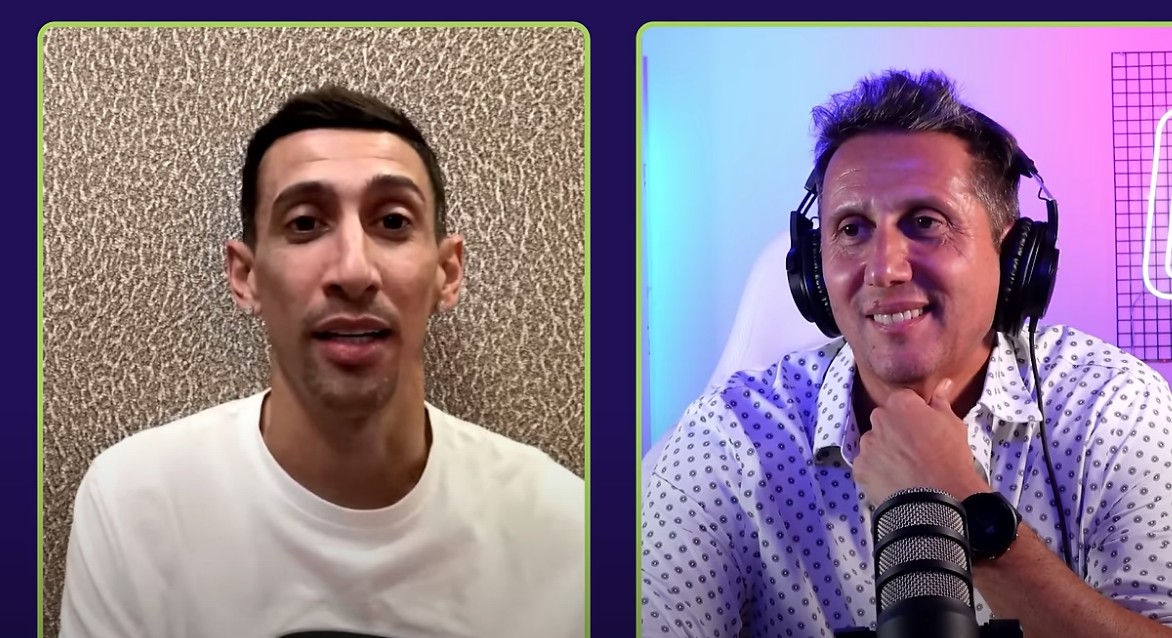
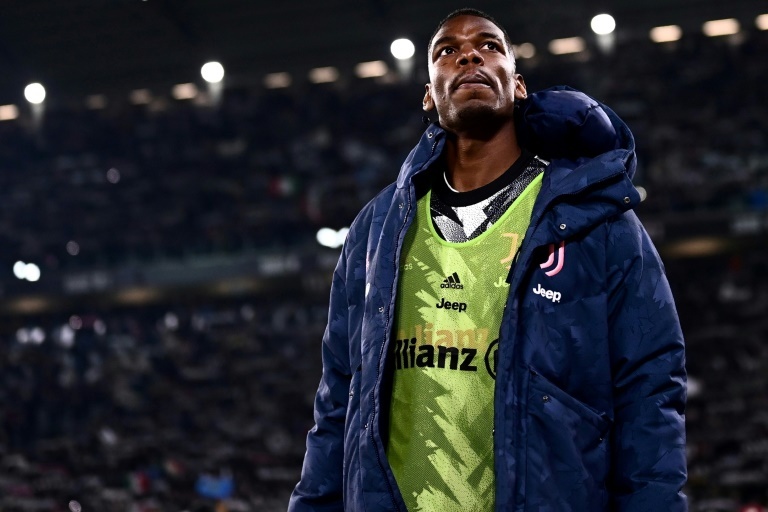
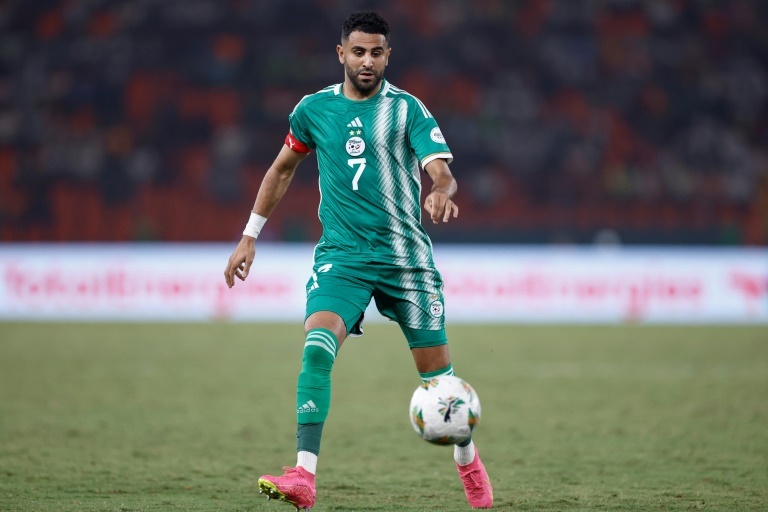
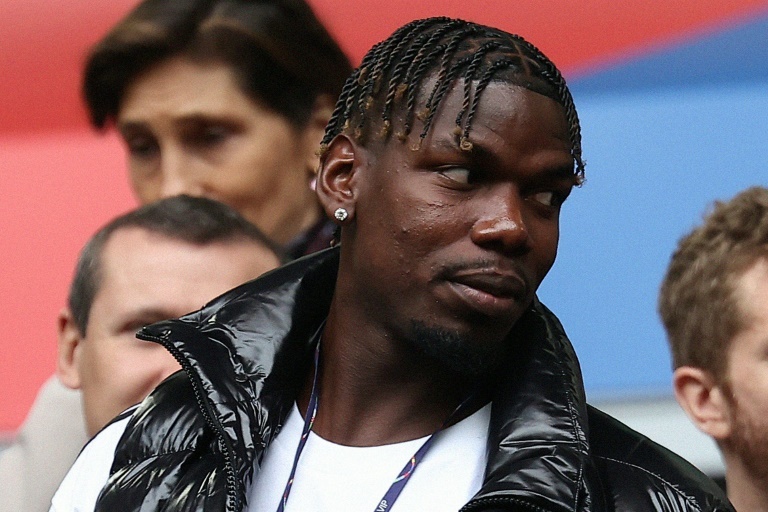
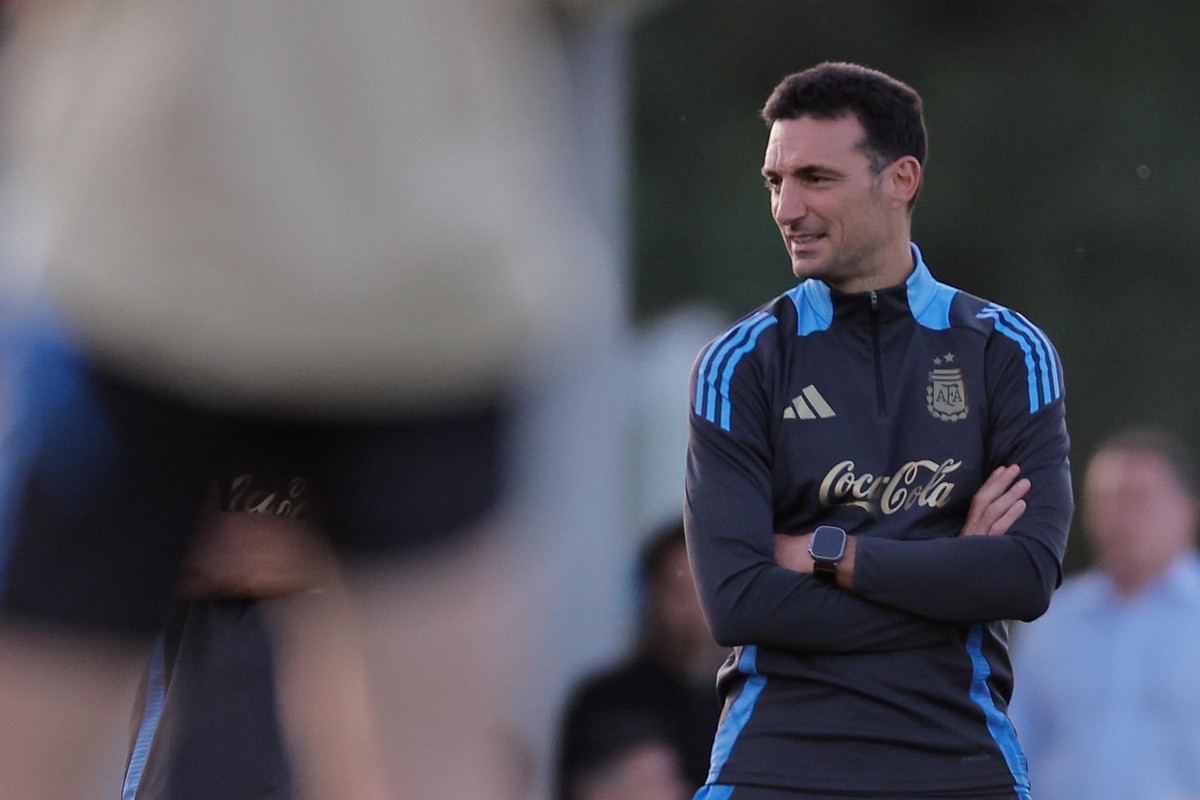
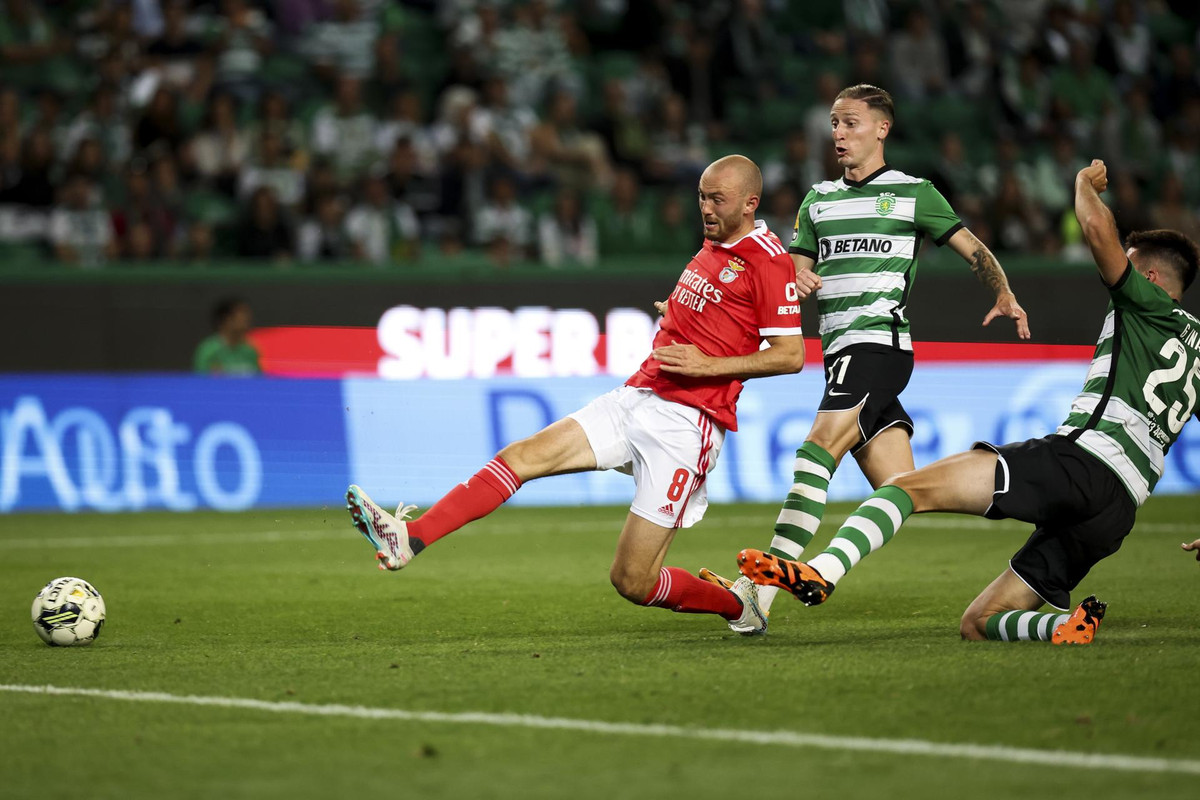
Comments